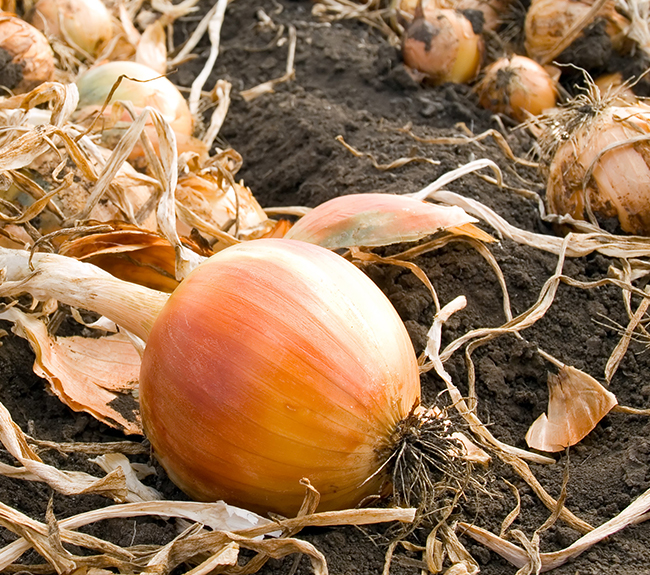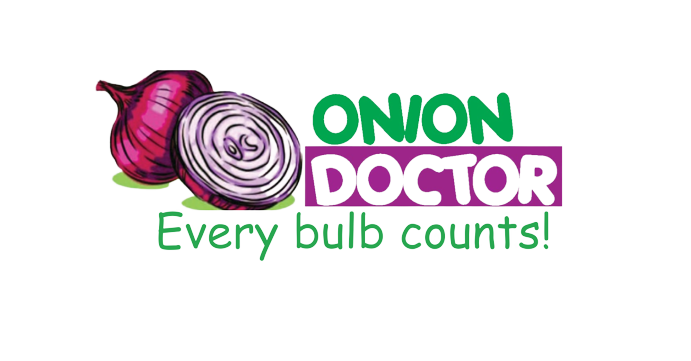Maximizing Onion Farming Success in Kenya: Expert Tips from Onion Doctor

Are you in need of in-depth knowledge on onion and garlic production? If yes, we are a call away. Our service chatter includes: Onion seedlings, Garlic seedlings, Farm planning services, Soil testing, Drip irrigation installation and maintenance, Agronomic support, Onion and Garlic value pack and Farm management. For free consultation, placing orders or booking a visit with an agronomist, please contact us via Call or what’s app +254703982228, Email: Info@oniondoctor.co.ke.
Unlock the full potential of onion farming in Kenya with the guidance of Onion Doctor. From soil considerations to overcoming challenges, this guide equips you with essential insights for a successful onion harvest. Embrace the journey of year-round onion cultivation with optimal results through irrigation. Let's explore the key elements that contribute to onion farming success in Kenya.
Onions perform well in well drained, fertile, sandy loam, non-compacted soils. The ideal pH is 5.8 to 6.8. Onion farming is a worthy venture since it’s possible to grow onions throughout the year via irrigation. Soil test with accredited laboratories is advised. The ideal temperatures onions need to grow are between 13 – 35 degrees centigrade. This means that onions can grow in most parts of Kenya. However, to maximize production in areas such as Ukambani and some parts in the Coastal area, one needs to invest in a greenhouse and drip irrigation. This is because greenhouses will optimize the temperatures since these areas are hot and irrigation will provide the much needed water. Onions are a cool season crop. Most areas in Ukambani and the Coastal region are extremely dry. In terms of requirements, apart from land that is an obvious fact, other requirements are DAP Fertilizer and seedlings. 1 kg of seedlings can be used in 1 acre while 20 grams of DAP Fertilizer is applied per square meter. You should note that there are different seed varieties and they perform differently under different conditions. Common hybrid varieties available in Kenya include Red Coach F1 and Malbec F1. The most popular seed variety in Kenya is the Red Coach F1 since it produces high yield and the size and color of its onions are most ideal for the Kenyan markets.
Challenges facing Onion Farming in Kenya Rains or Excess Watering: Too much rains or excess watering can water log the crop. If the rain in your area is too much, focus on growing the crop during the short rains. You can also raise the beds to ensure the water flows out of the field. Avoid excessive watering of your onions. The best type of irrigation on onions is drip irrigation. Overhead irrigation should be avoided as it causes fungal diseases. Diseases: Common diseases that affect onions include Downy Mildew, Bacterial Soft Rots, Pink/White Root, Botrytis, and Rusts. . Pests: Common pests that attack onions include maggots, thrips, nematodes and the leaf miner. Weeds: Weeds are a big challenge in onion farms. .
Harvesting onions The best time to do the harvesting is during the dry season. Keep a calendar and record the essential dates to ensure you harvest at the right time. Bulb onions are ready for harvesting once they form a shiny membranous cover around the bulbs or when the foliage withers. Spring onions are ready for harvesting when they are 15 centimeters tall and 1.5 centimeters thick. Harvesting is done by pulling the bulbs and then chopping off the leaves. You then dry the bulbs in the sun before storing the produce.
Onion Doctor supports small holder farmers across Africa with quality and affordable Onion and Garlic seedlings, Onion seedlings, Farm planning services, Soil testing, Drip irrigation installation and maintenance, Agronomic support, Onion and Garlic value pack, Farm management, E-extension and on-farm training for farmers to optimize on yields and get maximum profits.
